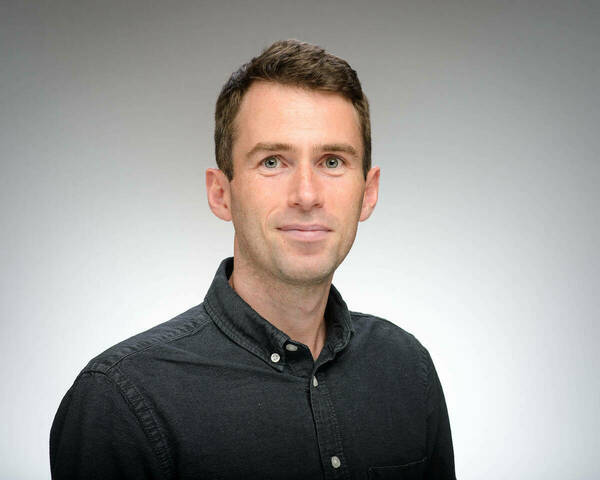
Imagine the bitter cold of a South Bend winter. Now think a lot colder. In the Department of Physics and Astronomy at Notre Dame, researchers like Sergei Sheludiakov are using the technology of low temperatures, nearly absolute zero, to isolate electrons on neon and use them as quantum bits, or basic units of quantum information.
It is hard to conceptualize how cold, exactly, this is, but at the Stavropoulos Center for Complex Quantum Matter, the faculty and researchers are excited about the prospect of expanding this research. “We are building labs, and we are getting a second dilution refrigerator. It's a setup that can get 10 millikelvin, or 0.01 centigrade above absolute zero…you may call it the coldest place on campus,” said Sheludiakov, assistant research professor of physics and astronomy. Researchers plan on starting new experiments within the next couple of months.
Sheludiakov first discovered his passion for low-temperature physics during the pursuit of his master’s degree in Finland, after earning his undergraduate degree in Russia. Sheludiakov came to study and continue research in the United States after earning his doctorate in physics, also in Finland.
He works with Dafei Jin, associate professor in the Department of Physics and Astronomy, who began work at Notre Dame in 2022.
“It is really amazing that Dafei pioneered the electron-on-neon system only two years ago , so there is lots of stuff to do with the research,” he said.
Their research focuses on the elements of quantum computing, networking, and sensing, which all tie into the advancement of computing at its core. Their lab lowers the temperature of neon so much that it freezes. Electrons then can float on the surface of the solid neon films, almost like a puck above the ice-hockey rink.
“It is an intersection of quantum science and low temperature physics,” he said.
With the construction of a new lab, Sheludiakov said he hopes there is room to expand the research, and he hopes to include more graduate and even undergraduate students in their pursuit of quantum computing.
Originally published by at science.nd.edu on October 25, 2023.